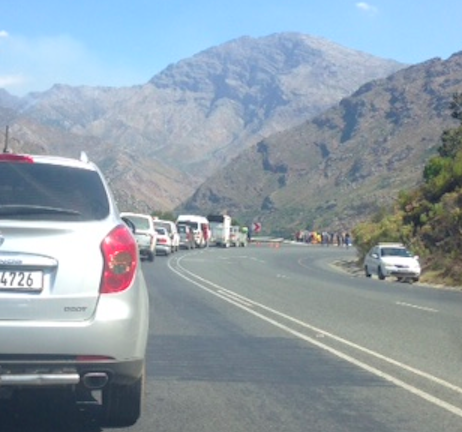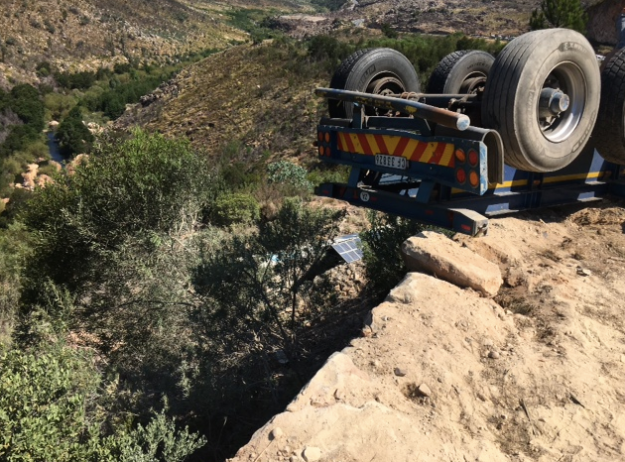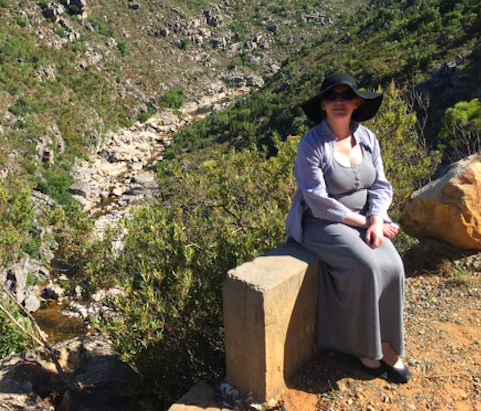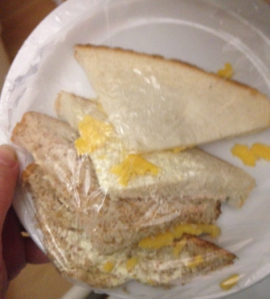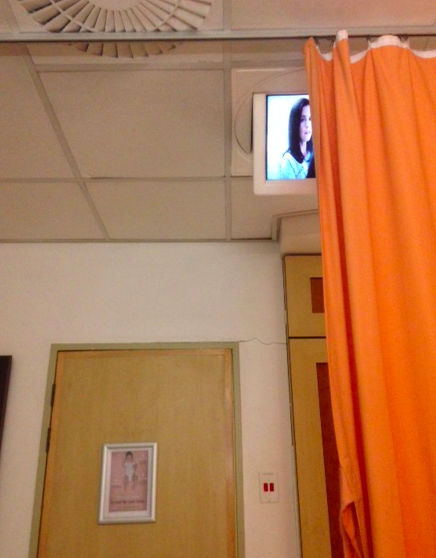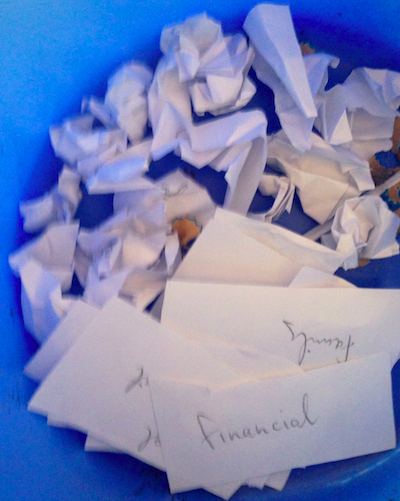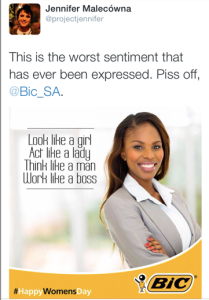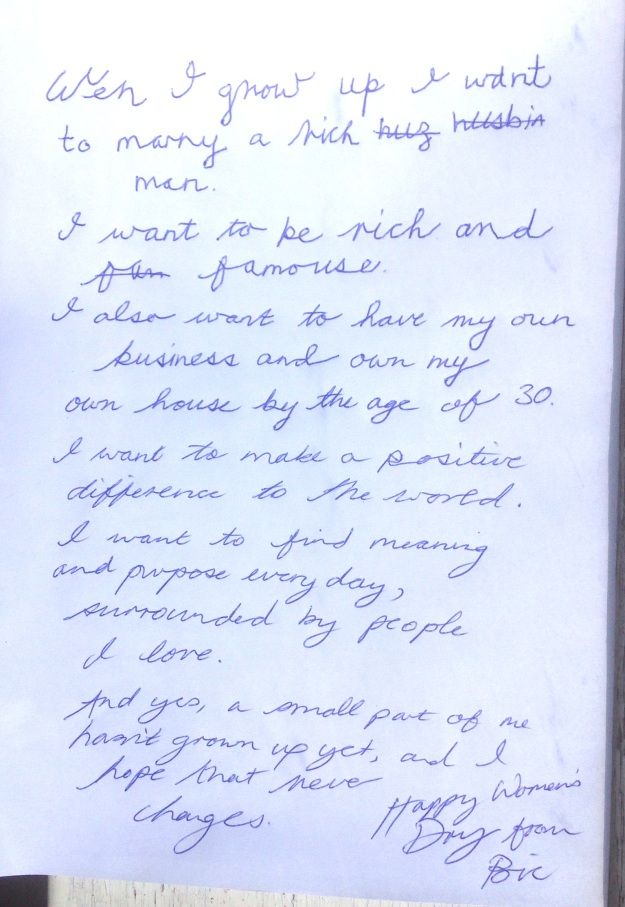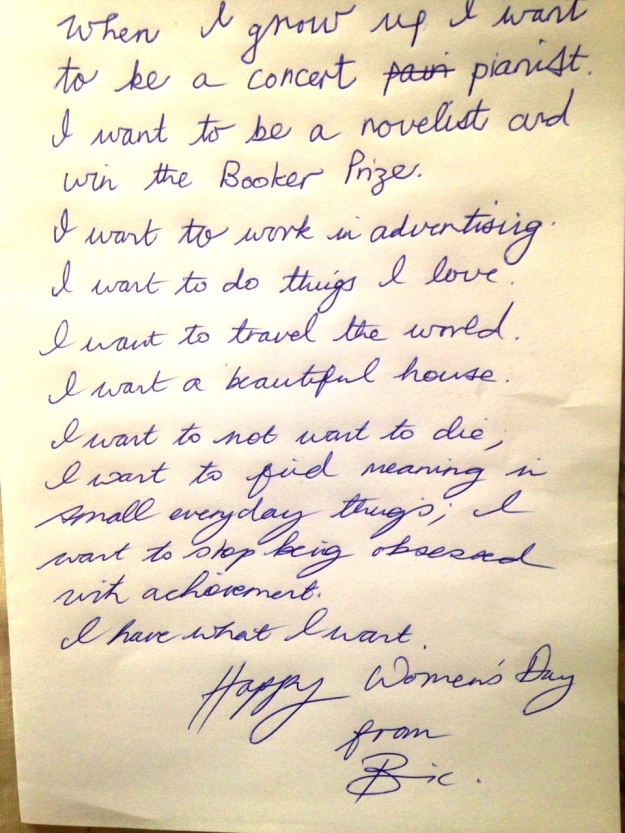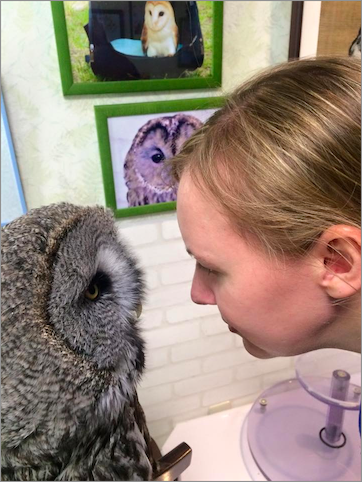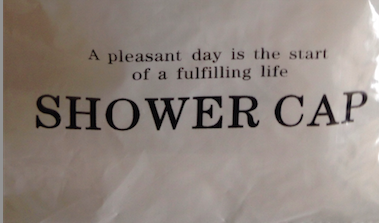“So I suppose it went pear-shaped,” I said. The officer laughed. We were standing in the middle of Michell’s Pass between Tulbagh and Ceres, watching an accident scene that had closed off the road. A long line of vehicles, led by a Fortuner towing a horsebox (complete with horse) had ground to a halt. We were going nowhere.
None of this was planned. Earlier that afternoon, after lunch in Tulbagh, we had headed toward the Bainskloof Pass, a national monument. The route would take us to Ceres, and because I’d never been to the town I associate with the fruit juice, I suggested we pass the turnoff to Wolseley and continue winding along Michell’s Pass, which had also been designed by the remarkable Andrew Geddes Bain.
Heading to the town – which turned out to have none of the charm of Tulbagh or Riebeeck Kasteel – we passed an accident scene. A truck appeared to have careered off the road onto the tracks below. Judging by the state of the cab, the driver couldn’t have survived.
On the way back, we found the pass completely closed to recover the truck. Drivers, realising that this was going to take a while, turned off the ignition and clambered out to see what was going on. My husband and I chatted to a police officer on the scene. The accident had happened at 9 that morning, he explained. Broad daylight, clear skies. The container the truck was transporting was full of pears for export. Now it lay some 5 metres below on the railway tracks. You can see a part of it just beneath the photo of the truck below:
I asked about the driver. Oh, said the officer, he was fine. He walked away from the accident with a hurt shoulder. Mechanical failure, they thought. (As for the pears, they’d probably have to be used for juicing – said the fruit farming lecturer we met over lunch the next day.)
Things go pear-shaped so quickly, don’t they? (On that note, why pear-shaped? What did pears ever do to offend anyone, besides some of the women who inhabit a figure named for them? I am an apple.)
There my husband and I were in a Storks Nest consultation room this morning, all excited about seeing the baby properly for the first time thanks to a 4D scan. She was very active, moving around a lot and smiling mysteriously every now and then. She looks like a little elf right now; I wonder what she will be like when eventually she emerges.
Eventually being the operative word, because after my husband left for a meeting, I dropped by my gynae one floor below to ask about something that was worrying me. The problem probably wasn’t serious, but I was around so it made sense to find out sooner rather than later.
I wasn’t expecting to be told that I have to be admitted to the maternity ward for blood tests and blood pressure monitoring, or to get a steroid shot to prepare the baby’s lungs for possible early delivery. 12 weeks early, which translates 3 months in NICU. She weighs 1,2kg right now, and the best place for her to be is inside the original packaging (as a creative director I work with put it) for at least another two months. Last night my husband and I broke the wishbone of a chicken cooked by my mother-in-law. I got the bigger piece and my wish, instantly, reflexively was: healthy baby.
I thought of that moment as I sat on the loo in my semi-private ward, trying to get a urine sample, thinking about how put out Discovery must be (you’re supposed to ask for permission before being admitted to the maternity ward). I sobbed. I’d been so lucky so far: no morning sickness, no indication of chromosomal abnormality, no gestational diabetes or high blood pressure.
Now this.
The good news is that my blood pressure is responding well to the medication. Tomorrow morning my doctor will check up on me again, and let me know what my options are. I’m hoping that one of them will be “go home, take your blood pressure pills and don’t overdo things”.
So here I am, in a hospital bed, marveling at the magnificently bad cheese sandwiches that arrived with my rooibos tea and wondering if I should try and squeeze in a bath before the next blood pressure measurement. The nurses have all been lovely. My husband has brought me clean underwear and toiletries and strawberry and banana juice. I’ve cursed the foetal heart rate monitor for beeping like a car seatbelt alert (it beeps if the heartbeat fluctuates, and the elf has been very very busy; at times her heart sounds like a racehorse on a morning gallop). It’s been hours since a ridiculously early supper and now I’m writing this, in between going through mails and catching up on work.
(People keep sending me WhatsApps telling me to rest but there’s nothing worth watching on TV. Seriously.)
Today was a reminder that things can go pear-shaped so quickly. I won’t take any of this experience, which has mostly been trouble-free, for granted. All I hope is that if things go wrong, there will be rescuers to pull me up from below, that I will walk away with the baby and we will both be fine. A little shaken, but none the worse for wear.

